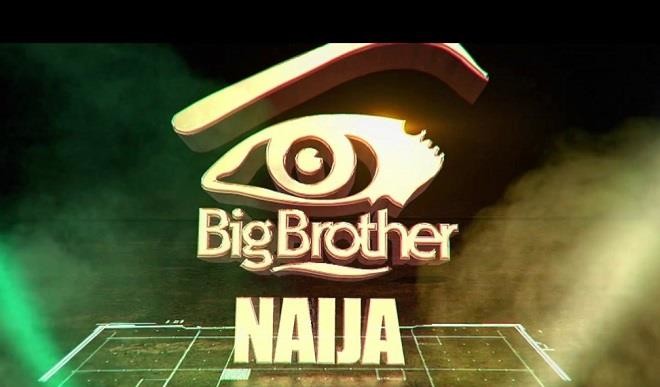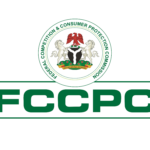The Host of the recently ended Big Brother Naija reality TV show, Ebuka Obi-Uchendu, revealed that the show received 240 million votes within the three-month period it was aired.
The revelation generated reactions from many Nigerians, especially on the social media, with many posts claiming the votes raked in N7.2 billion for the organisers at N30 per vote.
The claim found its way into the mainstream media as some national newspapers, radio and Television stations broadcast that the organiser generated N7.2 billion from the show in its season four, christened ‘Pepper Dem Season’.
Obi-Uchendu also disclosed that over 50 million votes were received in the last week of the show.
Mercy Eke, popularly known as the ‘Queen of Highlights’ was crowned winner during the finale on Sunday.
Viral social media posts and media reports claimed the 50 million votes amounted to N1.5 billion revenue for the organisers in the last week of the show.
This is not the first time such claims went viral on the social media and published in mainstream media.
The third edition of the show dubbed “Double Wahala” in 2018 garnered 170 million votes.
The social media went wild that the organisers raked in N5.1 billion revenue at N30 per vote.
For instance, a prominent Online platform reported on April 23, 2018, that “commentators on social media are suggesting the show (2018 BBNaija) may have raked in as much as N5.1 billion” from the 170 million votes received.
Verification
Information sourced from MultiChoice, the parent company of DStv and GOtv, showed that the voting for the Big Brother Nigeria Season four was set up on behalf of Electronic Media Network Proprietary Limited (“M-Net”), a subsidiary of MultiChoice South Africa Propriety Limited to enable Big Brother Nigeria viewers vote for their favourite housemate whom they would like to see win the competition.
Voting mechanism showed that Nigerian viewers voted electronically via the Big Brother website, the mobile site, SMS and via the MyDStv and MyGOtv app only.
Findings show that apart from the N30 charged per SMS for the voting; voting through other platforms were free, except for data charges by the service providers.
“SMS’s are charged at N30 per SMS. VAS rates apply. Free minutes do not apply. SMS’s in excess of the 100 vote limit will not be considered a valid vote but will still be charged the VAS rate of N30 per SMS. Voting via the website and the mobile site will be available and data costs of the Internet Service Provider will apply,” MultiChoice said.
For thee SMS voting, participating networks included MTN, AIRTEL and 9Mobile and each vote was charged at N30.
According to MultiChoice, viewers outside Nigeria were not allowed to vote through SMS, meaning that they voted through other channels for free.
Going by available information, N30 per vote was charged only from one of the voting platforms, being SMS while the 240 million votes recorded in 2019 and 170 million votes in 2018 were gathered from all the voting platforms- SMS, website, mobile site, MyDStv App and MyGOtv App.
There is no public record available where the organisers dis-aggregated the votes received from the various voting platforms to provide the basis for calculating the amount generated from the SMS votes only.
Similarly, MultiChoice has not publicly disclosed the amount of money raked in through SMS voting platform.
More Insights
Daily Trust sought the views of some Nigerians who voted their favourite housemates while the show lasted in 2019.
An Abuja-based student, Jenifer Osundu, said she voted multiple times through online channels at no cost.
She said, being a student, she could not afford to vote through SMS, but the online platforms presented free alternative to participate in the decision of who would win the competition.
The student said she could not exhaust the free 100 votes allowed through the mobile site and website.
An IT expert, Femi Ogundare, said though many Nigerians voted via SMS, there is more probability that most of the votes were received via the free voting platforms.
Ogundare said more of the paid SMS votes may have come from the family members, friends and staunch supporters of the housemates who independently raised funds to ramp up votes for their favourites.
He said even at that, SMS voting was limited to 100 per day per service provider to check excessive voting.
Conclusion
The claim that Big Brother Naija show generated N7.2 billion from the 240 million votes recorded in the 2019 season is not only misleading, but false as well.
The claim that the 2018 season raked in N5.1 billion from 170 million votes received is not also supported by available evidence.
Evidence shows that since charges apply to only votes received through SMS, the amount of money generated through the SMS should be far less than the N7.2 billion and the N5.1 billion in the claims wrongly computed based on the entire votes received through all the platforms.
Some Nigerians who participated in the voting process said they voted more through the mobile site and website than via SMS, which attracted a fee, suggesting that the votes received were more from the free voting platforms than via the SMS. This further demolished the claim.

 Join Daily Trust WhatsApp Community For Quick Access To News and Happenings Around You.
Join Daily Trust WhatsApp Community For Quick Access To News and Happenings Around You.


